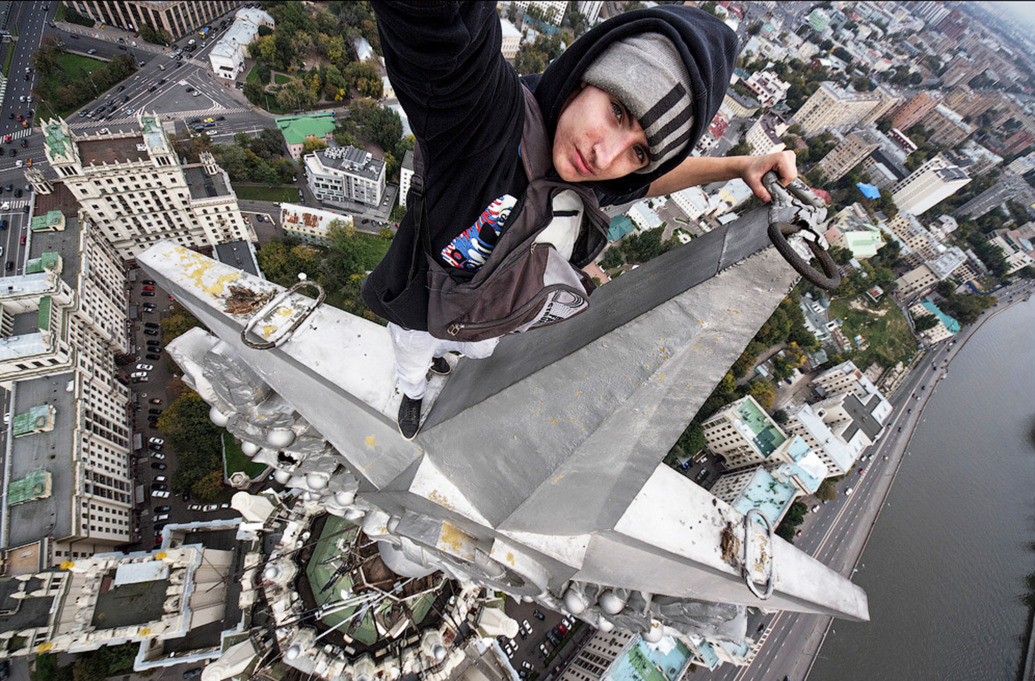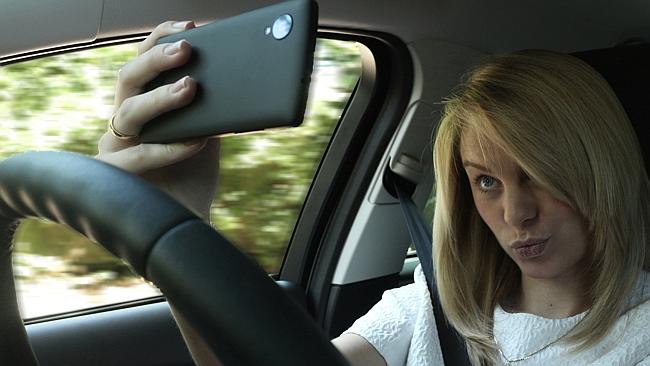
The proliferation of smartphones with cameras that can take self-portraits or selfies as they are popularly called has liberated us. We can now document every moment of our life and instantly share it with the world through the myriad of social networking websites. However, some believe that the incessant quest to capture the "ultimate" selfie is causing people to take unnecessary risks that in some cases are proving to be deadly!
So how bad is the problem? According to recent news reports, the desire to take a "breathtaking" selfie has killed 12 people this year. Though that may not seem like a lot, it is four (33%) more than the eight people that have died from shark attacks.

While the issues have been known for a while, they came to a head on September 21st, following the accidental death of Hideto Ueda at the Taj Mahal in Agra, India. It turns out that the 66-year-old Japanese national and his travel companion were trying to take a selfie at the mausoleum's Royal Gate when they stumbled down some stairs. While the friend escaped with a fractured leg, Ueda was not as fortunate. He sustained a head injury and passed away soon after.
Other fatal accidents this year include a 21-year-old Russian woman who fell off a bridge while trying to capture an "exciting" self-portrait. Three Indian students suffered a similar fate after they were run over by an oncoming train while taking a selfie on the railway tracks.

The rising number of injuries is forcing officials to take some drastic measures. In July this year, the Russian Interior Ministry began a nationwide awareness program to alert its young citizens about the dangers of this deceptively safe hobby. The campaign's slogan is: "Even a million 'likes' on social media are not worth your life and well-being."
The officials felt it was necessary because, “When a person is trying to photograph themselves, their attention is scattered, they lose their balance, they don’t look around and feel no danger.”

Though no other country has followed their lead, many are banning the tool that has contributed substantially to the rise in injuries - The selfie stick! In the last few months numerous museums, sports arenas, and theme parks including Disney, have prohibited their use. In June, West Japan Railways (JR West) became the first such institution in the world to ban the sticks both inside Japan's bullet trains as well as out on the railway platforms.
While these measures may help reduce the incidents, the only way to stop selfie-related injuries and deaths is if everyone takes responsibility - Not just for themselves, but also, their friends. So the next time you or your best pal decide to take a selfie that appears a little risky, be sure to stop and ask yourself - Is it worth it?
Resources: digitaltrends.com, bbc.com,independent.co.uk.bbc.co.uk